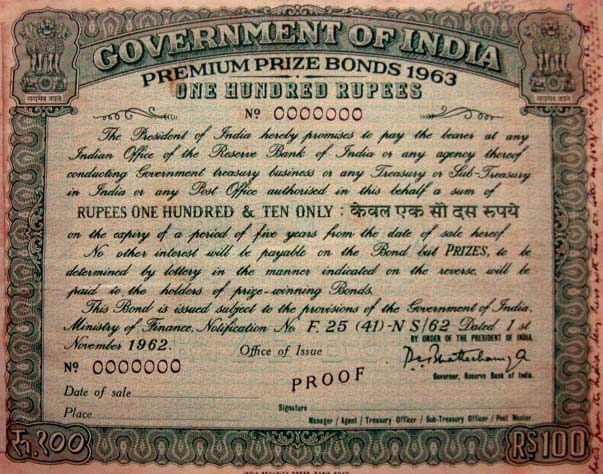Sometimes businesses need funds for the daily functioning activities or some special purpose or project. The funds are required for a short term. This is where the money market comes into play. The Indian money market started developing around three decades ago and today is stable and flourishing. Let us discuss further.
Suggested Videos
Money Market
The money market is one of the two main segments of the Financial Market. It performs the same functions of mobilizing funds in the economy. However, the one main factor of the money market is that it exclusively trades in financial instruments and commodities that have a term of less than one year.
So the money market deals in low risk, generally unsecured, short-term debt instruments. These instruments are a close substitute for cash since they are extremely liquid, i.e. can be converted to cash on short notice. The maturity period of such instruments ranges anywhere from one day to one year.
There is no physical market as such, the money market is intangible. Most transactions happen online or via the telephone. The main aim is to provide short-term finance at reasonable rates to the institutes in need. Let us take a look at some of the main instruments of the money market.
Instruments of the Money Market
1] Treasury Bills
These are money market instruments issued by the Reserve bank of India (RBI) acting on the behalf of the central government. These bills are issued when there is a shortage of funds, or when the RBI wants to control the cash liquidity in the market.
The maturity of such bills, also known as Zero Coupon Bonds or is always one year or less than one year. They are highly liquid instruments and are a very low-risk instrument. Treasury bills are issued at a discount than the face value and are redeemed at par. The difference is the interest received by the holder. which in this case will be known as ‘discount’.
Example: A treasury bill of 108 days face value 50,000/- will be issued at 45.,000/-. If the holder holds it for the whole 108 days, he will be repaid Rs 50,000/- and so the difference, Rs. 5,000/- will be the discount.

(Source: rbi)
2] Commercial Paper
Commercial paper is a promissory note. It is a short term. uninsured debt instrument. These are generally issued by large companies and corporations in need of quick short-term loans. The funds could be required for working capital needs, or some seasonal changes, to meet expenses of issue of shares etc.
Commercial papers have a maturity date of between 15 days to 1 year. They are also issued at a discount and redeemed at par. They are highly liquid and easily transferable instruments of the money market.
3] Commercial Bill
A commercial bill is essentially a bill of exchange. In a credit sale, the seller will draw a bill of exchange. The buyer of the goods will accept such bill, and the bill becomes a trade bill which is a marketable financial instrument.
The seller can then go to his bank and get the bill discounted. Here the bank will promise to pay the amount if the buyer is unable to do so. And this way a trade bill becomes a commercial bill. The general term for such bills is 30, 60, or 90 days. It is a negotiable instrument and is also self-liquidating.
4] Call Money
At times even banks may need help with maintaining their funds. At such times they lean on other commercial banks for a short-term loan. Such an instrument of the money market is known as call money. One important factor is that this interbank transaction has no maturity date, it is payable on demand.
Mostly banks depend on call money to main their cash liquidity ratio as per RBI guidelines. The rate of interest on call money is known as call rates.
5] Certificate of Deposits
These are money market instruments issued only by commercial banks and financial institutions (under the guidelines of the RBI). They are like a promissory note, but can also be issued in a demat form. Their maturity is between 7 days to a year when issued by banks. When issued by other financial institutes the maturity is between one to three years.
Certificates of Deposit are issued at discount. The return on them is the difference between the said issue price and their higher face value. They are issued only in multiples of one lacs. They are easily transferable and highly liquid.
Solved Question for You
Q: A T-bill is an instrument to borrow
- Long-term loans by private institutes
- Short term loans by private institutes
- Short term loans by the government of India
- None of the above
Ans: The correct answer is option C. A Treasury Bill or a T-bill can only be issued by the RBI on behalf of the Government of India. And it has the maturity of less than a year, so it is an instrument of short-term finance. Hence C is the correct answer.






like person the public place great the market news my good think in area news & other details like in man.